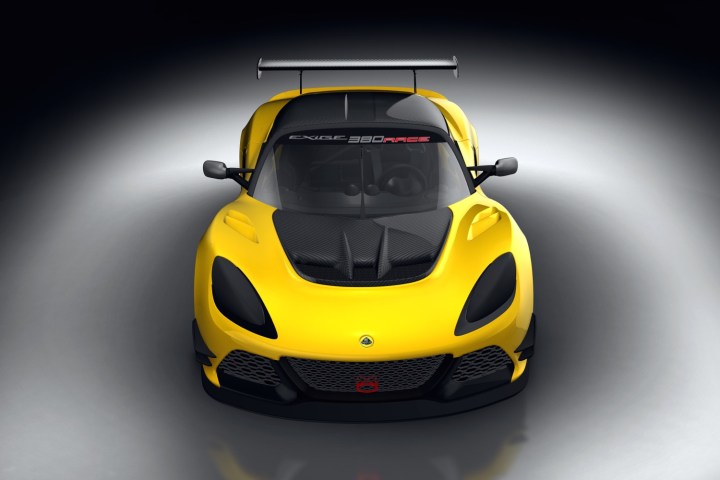
Two of the biggest names in automotive performance are teaming up to develop future sports cars. Lotus is partnering with Williams Advanced Engineering — the engineering arm of the Williams Formula One team — on “advanced propulsion technologies,” including hybrid and electric powertrains. That could lead to a new electric hypercar, according to one report.
For now, though, Lotus is vague on what the partnership will produce. In a statement, Phil Popham, the automaker’s CEO, said joint work by Lotus and Williams “can provide numerous exciting solutions across multiple vehicle sectors.” A Lotus spokesperson told Road & Track that the partnership will encompass every aspect of powertrains, including internal-combustion engines, electric motors, and batteries.
Autocar believes Lotus and Williams will develop a electric hypercar, dubbed “Omega.” The car is expected to have a “four-figure” power output, all-wheel drive, and a range of around 250 miles, according to the magazine. While it’s just a rumor for now, Lotus and Williams certainly have the pedigree for such a project.
Lotus built some of the greatest sports cars in history, and in recent decades has become a bastion for old-school performance. Following founder Colin Chapman’s maxim “simplify, and add lightness,” Lotus has largely eschewed technology for a more back-to-basics approach. That’s been as much a reflection of Lotus’ financial status compared to, say, Porsche, as a philosophical statement, however. The automaker languished in its last few years under the stewardship of Malaysia’s Proton, before being bought by Chinese automaker Geely (which also owns Volvo) in 2017.
Williams Advanced Engineering is a division of one of the most successful Formula One racing teams (although the team’s glory days may be behind it). Williams’ resume includes the Aston Martin Valkyrie and stillborn Jaguar C-X75 hypercar projects, as well as a collaboration with Singer Vehicle Design on what may be the ultimate Porsche 911. The firm also developed the batteries for the first generation of Formula E electric race cars.
A hypothetical Lotus electric hypercar would have its share of competition in the form of the 1,900-horsepower Concept Two from Porsche-backed firm Rimac, as well as the upcoming Tesla Roadster and Pininfarina Battista.
Editors' Recommendations
- Porsche’s second electric model is a sports car in hiking boots
- Future Hyundai and Kia electric cars will be able to charge each other
- Tesla’s new million-mile battery could finally make electric cars affordable
- Hyundai will use Canoo’s ‘skateboard’ chassis for future electric cars
- Fisker vs. Canoo: Are subscriptions the future of electric cars?


